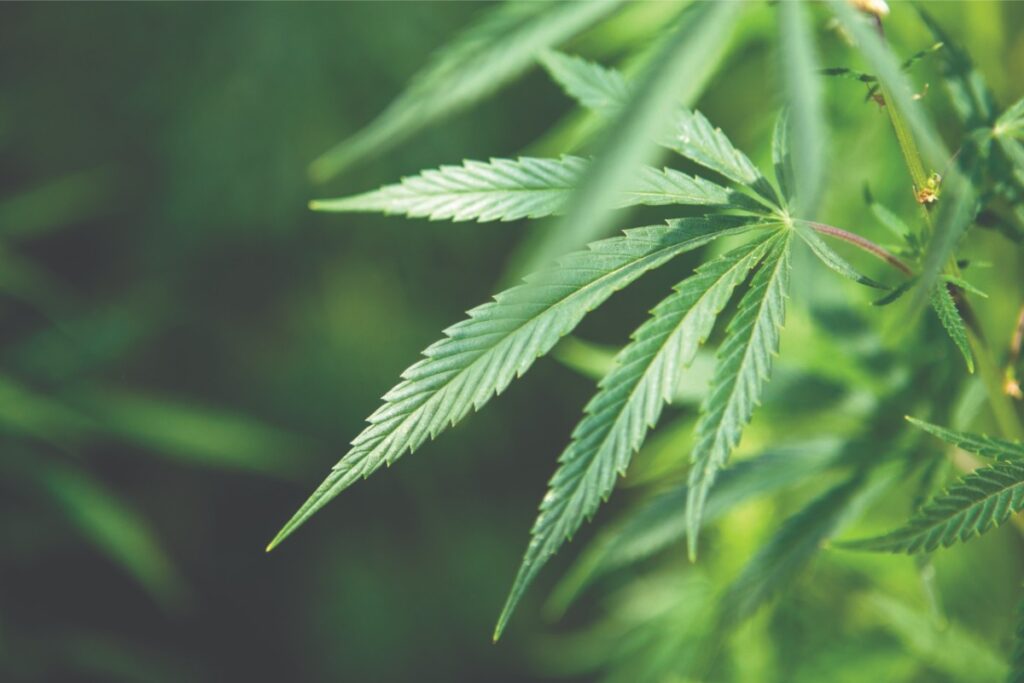
Recreational cannabis was legalized in Canada on October 17, 2018. Individuals may now recreationally smoke, vape and even cultivate cannabis at home, subject to restrictions that may exist in lease agreements, a condominium corporation’s declaration, bylaws and rules, or otherwise. Before smoking, vaping or cultivating cannabis in your private residence, you should be mindful of the following:
CONDOMINIUMS: As with tobacco, smoking or vaping cannabis is not permitted in the indoor common areas of a condominium. Smoking in private residences and outdoor common areas, such as your balcony, are regulated by a condominium’s declaration, bylaws and rules. Many condominiums have amended existing or created new bylaws and rules restricting or banning cannabis in response to legalization.
If individuals are permitted to smoke or cultivate cannabis, it is still prudent to be respectful of neighbours, as there may be complaints that you are causing a nuisance with another owner or occupant’s use and enjoyment of their property. There will inevitably be litigation concerning these types of bylaws and rules, as existing owners challenge their legality and enforceability. For prospective purchasers of condominium units, it will be important to carefully review the status certificate to determine what restrictions exist concerning smoking and cultivating cannabis. If a condominium owner is going to lease their unit, and there is a restriction on smoking and cultivating cannabis, it is important that the lease agreement also contains such restrictions.
RESALE PROPERTIES: If you are purchasing a resale property, as has been done in the past with cannabis, you may want to include a representation and warranty in the Agreement of Purchase and Sale that the property has not been used for the cultivation of cannabis.
This is a condensed version of an article published in our Winter 2019 issue of The Collection. To read the full article, visit harveykalles.com/the-collection-magazine/

